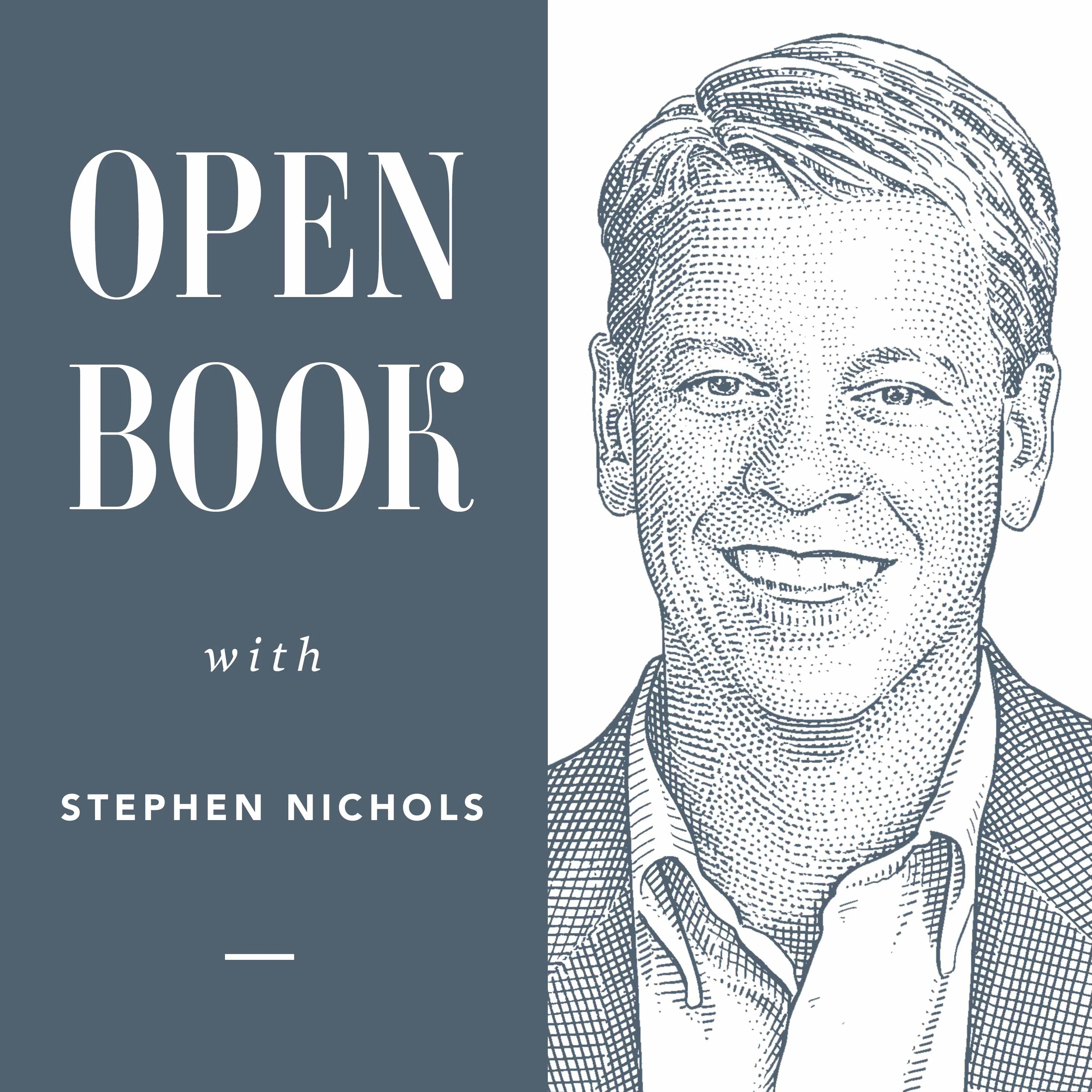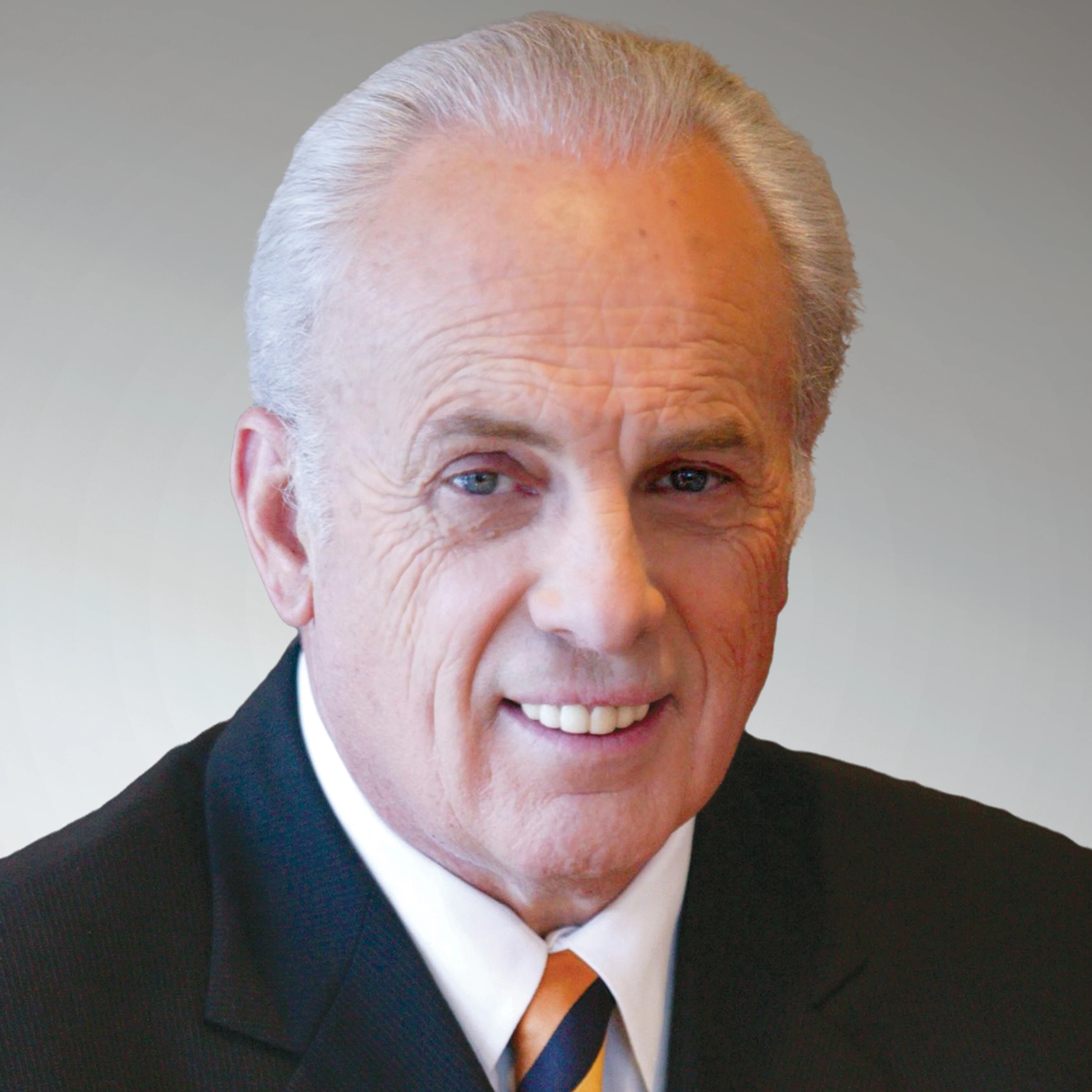John MacArthur and Torrey’s Treasury of Scripture Knowledge

On this episode of Open Book, Stephen Nichols and John MacArthur discuss a near-blind secretary, a foiled fortune-teller, and how to interpret the Bible with the Bible.
STEPHEN NICHOLS: We're continuing our conversation about the books that have influenced you, Dr. MacArthur. We're bringing up one now called The Treasury of Scripture Knowledge.You've promised that there's a great story here, so let's get into this great story.
JOHN MACARTHUR: There was a very noble and well-known preacher by the name of Donald Grey Barnhouse.
NICHOLS: Tenth Presbyterian?
MACARTHUR: Tenth Presbyterian in Philadelphia. I preached there—not during his era—but subsequently when Jim Boice was there.
NICHOLS: Yes.
MACARTHUR: Donald Grey Barnhouse had a secretary, and his secretary was a man named Ralph Keiper. I don't know if you know the name, Ralph Keiper.
NICHOLS: I've heard the story before that if Barnhouse made a slip of the tongue, Keiper could imitate his voice and they would dub that in for the radio program.
MACARTHUR: Oh really? Yes. Keiper was an amazing guy. He was the secretary to Barnhouse and he was critical in Eternity Magazine.
NICHOLS: And it's no easy feat being to the secretary to Barnhouse.
MACARTHUR: No.
NICHOLS: I mean, he was a powerhouse.
MACARTHUR: He was a powerhouse guy.
NICHOLS: And probably a lot of people don't know about Eternity Magazine anymore. That's another defunct one that played a role.
MACARTHUR: But it was a legitimately biblical and theological magazine. Anyway, Ralph Keiper had 10 percent vision out of one eye and none out of the other. So when he looked at you he closed one eye, opened the other one, and got about six inches from your face. He had no peripheral vision, so he saw like he was looking through a tube. He would move his head around to kind of take you all in. He was just a wonderful, remarkable guy. My favorite story about Keiper was that he went into Wanamaker's Store in Philadelphia one day—
NICHOLS: That's a big department store.
MACARTHUR: Yes.
NICHOLS: It had the big organ in it.
MACARTHUR: I used to go there a lot when we lived in Philadelphia. So, there's a fortune teller there who has got a setup and you can come by and get your horoscope.
NICHOLS: Inside Wanamaker's?
MACARTHUR: Yes, inside the store. So Keiper knows this is going on. This is the impish guy he was. He walks up to this table where this crowd is all around. He says, "Sir, do you know where the toiletries are?" This guy says, "I don't know where the toiletries are." He says, "How can you know so much about the future, but you don't know where the toiletries are?" He busted up the whole gig. This was the impishness of Ralph Keiper. He was invited to speak at Talbot and I had not known him, but I was assigned to pick him up at the airport.
NICHOLS: Were you a student or is this when you were working there?
MACARTHUR: I was a student. He was a little blind guy about five foot three, roly-poly, with a little smile on his face. He has thick glasses that were used for that one eye, and I spent hours with him driving back and forth, back and forth, back and forth. He encouraged me to teach the Bible with the Bible. He said the most powerful way to explain the Bible is to use the Bible. Analogia Scripturae. The Bible is its own interpreter. I said, “Well, how do I do that effectively?” He said, “I'm going to give you a gift.” And he gave me Treasury of Scripture Knowledge. “Put this beside your Bible, and this essentially is a resource that will allow you to explain the Bible with the Bible for the rest of your life with every single phrase in the Bible.”
NICHOLS: This is like a super-concordance, this book.
MACARTHUR: It's an idea concordance. Not words.
NICHOLS: Not words.
MACARTHUR: Not even phrases, but concepts. So you read something like “being in Christ.” What is that? You go everywhere that concept is found in Scripture. It transcends the Old and New Testament. It just goes everywhere. Basically, if I had a Greek New Testament and a lexicon and The Treasury of Scripture Knowledge and my Bible—
NICHOLS: You were ready to go.
MACARTHUR: —that's all I needed.
NICHOLS: Do you think that helped? Not only are you preaching the word and feeding people, leading them to the nourishing Word, you're also modeling for them how to read the Bible.
MACARTHUR: Yes. I've said that through my whole life, Steve. I've said I not only want to teach you that this is what it means, but I also want to show you why it has to mean that. So then you can go for yourself and see that it means that by following the same kind of approach. I always used to say that non-Biblical illustrations are helpful and you don't want to ignore them. They provide interest and they provide insight, but they have no authority. If you want to double down on authority, then use the Bible to explain the Bible. That's going to be not only clarifying, but it's going to come with tremendous weight from authority.
NICHOLS: Can I tell you something I heard? I had a homiletics class in college. My professor said, "Do not use the Bible to illustrate the Bible, because people don't know the Bible."
MACARTHUR: Oh, that's great. Don't give them the chance to learn it.
NICHOLS: Exactly. So in my impishness as a college student, my thought was, “Well, if you're never teaching it to them, they're never going to learn it.”
MACARTHUR: That's a very ignorant statement for a professor.
NICHOLS: You're exactly right. You can double down. You're not only teaching that text but you're continuing to teach the Bible by using the Bible.
MACARTHUR: And you're demonstrating how wonderfully consistent the Word of God is. To find a truth here and then show it here and here and here, and elucidate it, and amplify it, and explain it, and show how it works through a history of Scripture. Yes, so it was The Treasury of Scripture Knowledge that made me the Bible preacher I am today.
NICHOLS: That really is helpful for us. We need historical theology, and we need church history, and we need to learn from those things, but we also just need a really good Biblical theology behind our systematics.
MACARTHUR: And the fastest path to a Biblical theology is The Treasury of Scripture Knowledge. You read a phrase like “there's no condemnation” and then you go find that phrase. Wherever that idea is in the Bible, it'll give you the text and just go trace it through. That's Biblical theology, right?
NICHOLS: And you're reading it in the context once you get to that text and you learn even more.
MACARTHUR: The verses aren't listed there in terms of being written out, only the address. So you have to go find it in its context. People used to say to me, “Why in the world do you spend thirty hours preparing two sermons?” I couldn't really explain it to them, other than to try to help them understand that that's what I was doing. Whatever was here, I was chasing through the whole of Scripture.
NICHOLS: So you would get it where it was right.
MACARTHUR: Right.
NICHOLS: Yes. The Treasury of Scripture Knowledge. Thank you for mentioning that book and its influence on you. It was a gift. We should probably mention how important it is to give good books to people and the impact that can have on someone. It's a great gift.
MACARTHUR: It was a life-changing gift, and he knew it would be that way. He knew by talking to me how passionate I was about the Scripture, and so he knew he had an appetite that he could feed with something that would be well received.
NICHOLS: That's great. Thank you.
Transcript lightly edited for readability.
Recent Episodes
Augustus Nicodemus Lopes on Renewing Your Mind
June 27, 2024|Theologians
Augustus Nicodemus Lopes on Pearcey and Thaxton’s The Soul of Science
June 20, 2024|Apologetics
Augustus Nicodemus Lopes on Ridderbos’ Paul: An Outline of His Theology
June 13, 2024|Biblical Theology
Augustus Nicodemus Lopes on Lloyd-Jones’ Preachers and Preaching
June 6, 2024|Christian Classics
Augustus Nicodemus Lopes on Spurgeon’s Lectures to My Students
May 30, 2024|Christian Classics
Augustus Nicodemus Lopes on Packer’s Evangelism and the Sovereignty of God
May 23, 2024|Christian Classics

